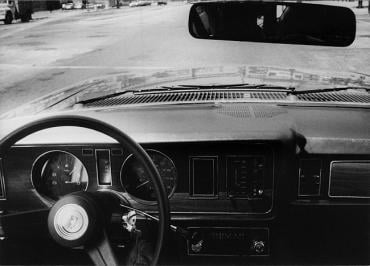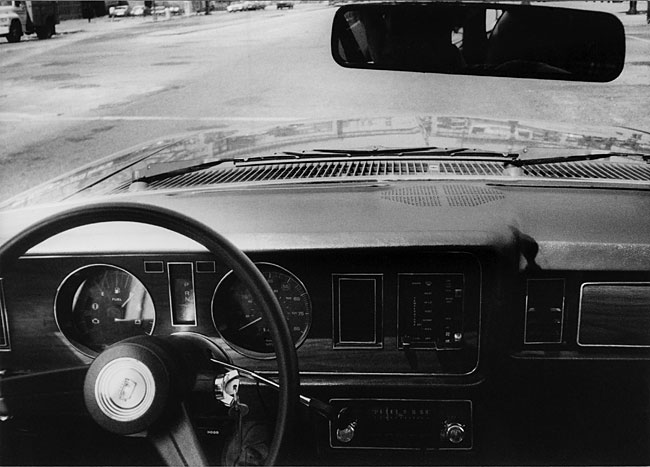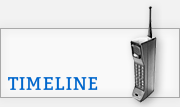Chicago Radio
Chicago Radio

Credit: Sun-Times Media file photo
“Radio,” sang Elvis Costello in 1979 “is a sound salvation.” He may have meant it ironically, but things were happening on Chicago’s FM dial that perhaps was a kind of salvation. If you were cruising the far end of the FM dial on the right evening, you could stumble upon a station playing extended tracks by Tangerine Dream or something by the Art Ensemble of Chicago melding into the Mahavishnu Orchestra or a rambling track by Yes. The announcer would tell you you’d found Triad and then you might hear comedy by the Firesign Theater or a lecture on Zen Buddhism or indigenous music from Asia and you’d wonder if you just smoked something. They called it “free form radio. ” Even though Triad, on WXFM 105.9 FM, had a program guide that was free and distributed through advertising businesses, record stores, and head shops around the area, it was possible to be haunted by a track for years and never know who did it or what it was.
And while WXRT is now Chicago’s finest rock, it too only came out at night, offering listeners uninterrupted blocks of tracks by blues greats, underplayed tracks by a wide range of rockers, from the Beatles (and all their solo efforts) and Stones to Lou Reed, Bob Dylan, The Who, lots of David Bowie, some Roxy Music, Jethro Tull, Neil Young, Steely Dan, the Grateful Dead, or fusion jazz and eventually punk and new wavers, all of it without the driving, jingle-driven, commercial-ID’d-to-death sound heard elsewhere on the dial. And WXRT’s DJs were smart, friendly, and sounded as though they had just graduated from college radio. Early voices included a young Terri Hemmert and Bobby Skafish. All of this added to the mystique that there was another city that came alive after dark. By 1976, it was full-time Chicago’s Fine Rock Station.
And that name was inspired by another beloved FM station, WFMT 98.7 FM, Chicago’s Fine Arts Station. There you could hear Studs Terkel do hour-long interviews with activists, musicians, artists, thinkers, and performers. The station highlighted the growing reputation of Solti’s Chicago Symphony Orchestra, as well as shows that explored such contemporary composers as Elliot Carter, Iannis Xenakis, John Cage, and Milton Babbitt. On Saturday nights, The Midnight Special highlighted Chicago’s energetic folk and folk-rock music scene, as well as comedy from Second City.
And if you wanted to hear the beginnings of shock jock radio, Steve Dahl was on WDAI and later on WLUP with Gary Meier, where they waged war on disco. But that’s another story.







